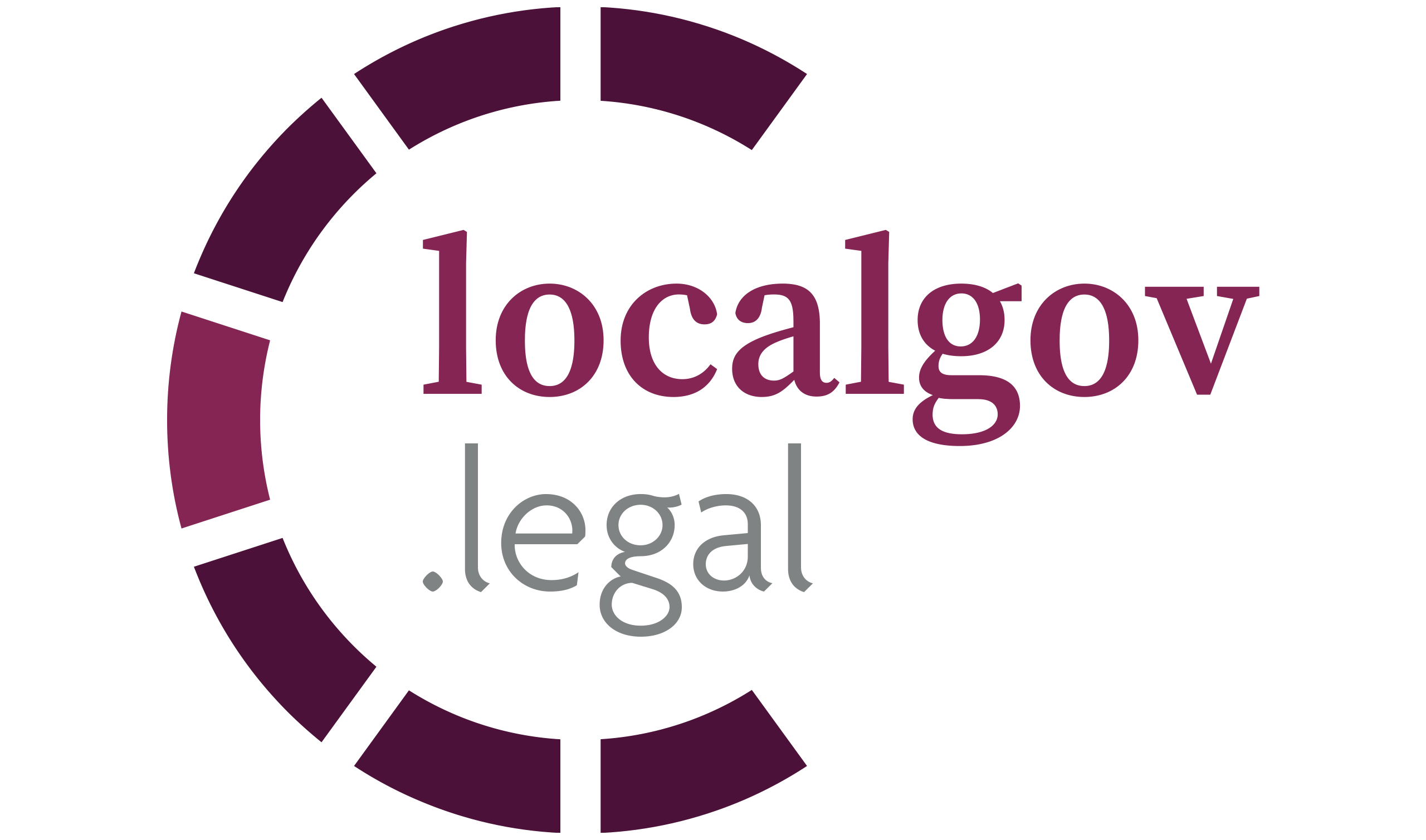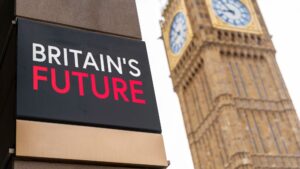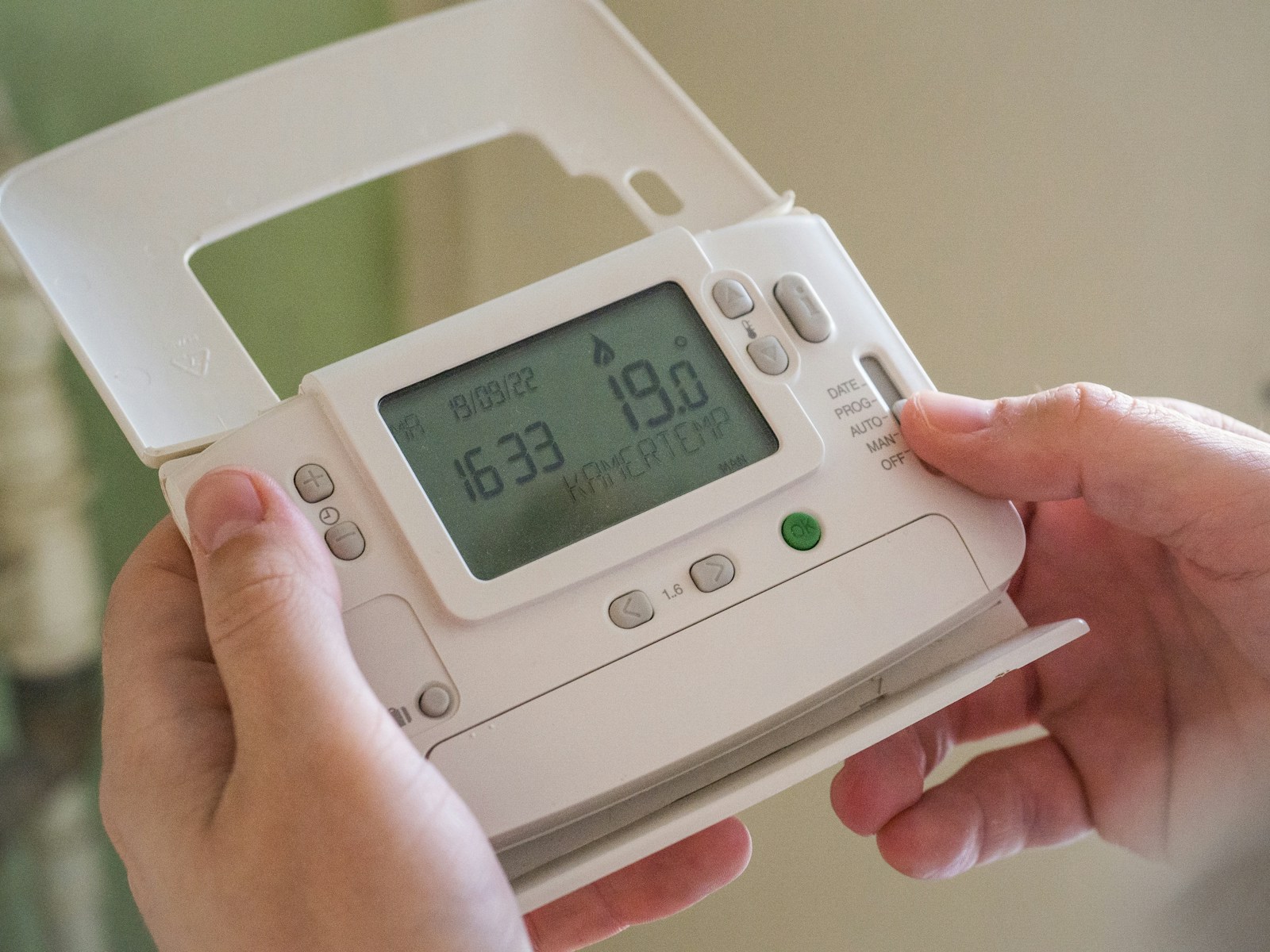Research shows a quarter of UK households risk paying up to four times more for heating this winter by using plug-in electric heaters instead of gas central heating.
As part of its Power Price List series, which tracks the average cost of running common household appliances, Utilita found that electric heaters cost between three and 3.7 times more to heat a single room.
Despite this, many homes with access to gas central heating continue to rely on electric heaters during colder months — with 15% using them exclusively throughout winter.
Primary reasons given by households were that they only needed to heat one room (54%), they wanted instant warmth (45%), or they assumed that electric heaters were cheaper to run (34%). What’s more, over a third of households said they didn’t have the ability to heat individual rooms using their central system.
Dimitrios Stefanoglou, sustainable innovation analyst at Utilia, explains the majority of households are unaware of the true cost of electric heating. He said: ‘Plug-in heaters cost significantly more to operate. On average, running an electric portable heater will cost £3 a day, compared to just £0.90 per day for gas central heating for one room.’
‘Heating the average sized living room (17.1m²) with an electric portable heater would cost £400.46, compared to £136.17 a year with a 20-year-old boiler, or £108.65 with a new gas boiler equipped with smart controls,’ Dimitrios added.
Alongside being expensive to run, electric heaters are damaging for the environment. The research outlines that switching from gas to electric heating results in an additional 34kg of CO2 emissions per room, which equates to driving 127 miles.
The study also examined what influenced purchasing decisions, with 39% of respondents citing recommendations from friends or family, and 35% saying they were prompted by television advertising.
News of the research comes as energy bills increased for thousands of households at the beginning of October, as a result of Ofgem increasing the energy price cap by 2%.
Photo by Arthur Lambillotte via UnSplash
In related news:
Emergency council bailouts risk becoming ‘business as usual’


















Leave a Reply